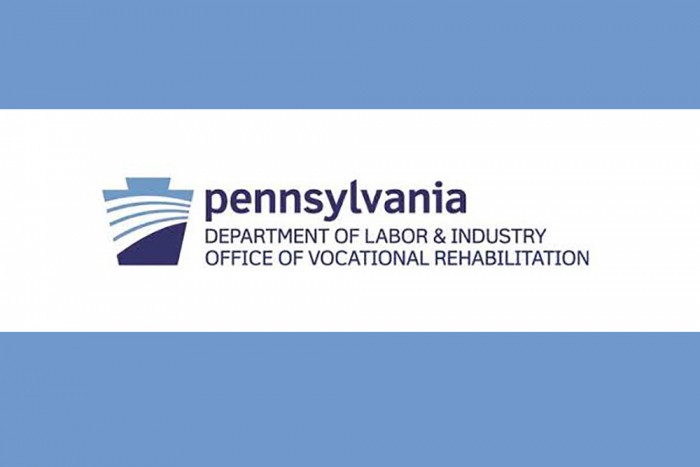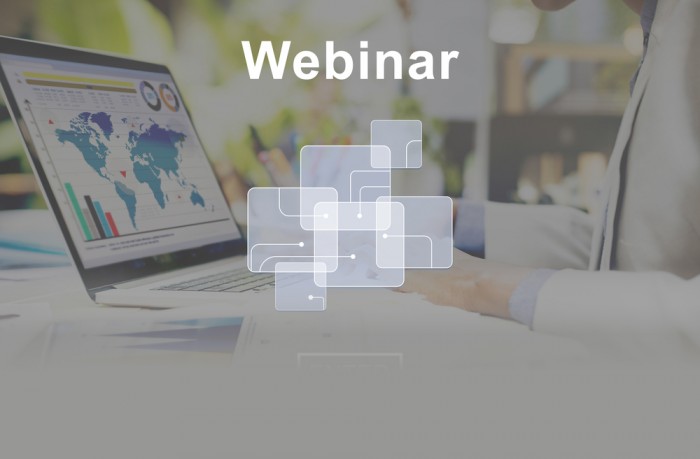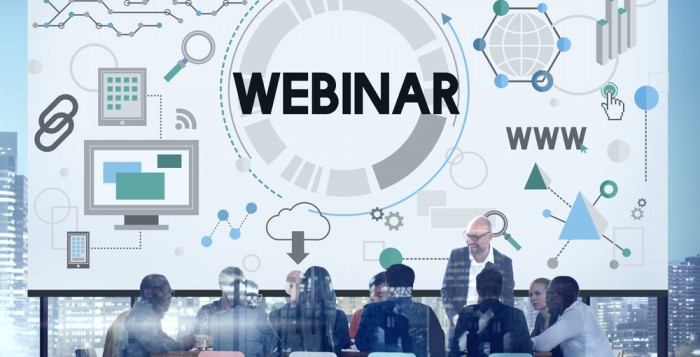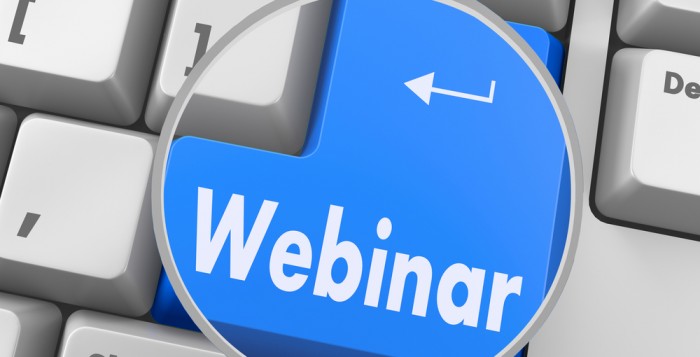From ANCOR:
The deeper we get into the COVID-19 pandemic, the more we see evidence that lawmakers and the press need to hear stories about the impact of the coronavirus on provider organizations, direct support professionals and the people who leverage community-based disability supports.
Do you know an outstanding DSP who has gone above and beyond to ensure the health and well-being of someone they support? Has your organization adopted innovative solutions to the crisis despite a seemingly endless series of constraints? Are the people you support making an impact in your community by volunteering their time? We need to hear about these stories, as they can help fuel our outreach to the press, our advocacy on Capitol Hill and more.
If any of the above (or the additional ideas below) describe you or someone you work with AND you’re willing to let us share your story, please shoot me an email with a 1-2 sentence summary of the story. Based on your response, we’ll follow up with you to fill in whatever blanks we need, and we will only share stories in our outreach to lawmakers and the press with your permission.
Additional Ideas for Stories Worth Sharing
Do you know a DSP who is:
- Rising to the occasion in creative or innovative ways?
- Sharing their hobbies or talents (e.g., baking, singing, etc.) to help the people they support cope with the fear, anxiety and isolation spurred by the pandemic?
- Having to engineer safety protocols in a particularly hard-hit community?
- Willing to create/contribute to a “day in the life” video to show what it’s like to support people in their homes during the crisis?
Is your organization:
- Adapting your work in unique ways in light of the need for self-quarantine in group homes, ICFs, etc.?
- Coming up with creative solutions to the workforce shortage that has been compounded by COVID-19?
- Seeing evidence that COVID-19 is disproportionately affecting certain members of your direct support workforce (e.g., workers of color, workers with disabilities, etc.)?
Does your organization support someone with I/DD who is:
- Contributing to their community in impressive ways (e.g., volunteering to make masks, send care packages to nursing homes, etc.)?
- Being hospitalized (or hospitalized for longer than otherwise needed) because they can’t transition home?
- Experiencing the COVID-19 pandemic differently from others in the community because of their specific disability?
- Considered an essential worker and thus still working? If so, what are they doing to keep themselves and those around them safe?
Please contact Sean Luechtefeld with any information you would like to share, and please copy Carol Ferenz, so we may contact media in PA as well:
Sean Luechtefeld
Communications Director
ANCOR
703.535.7850 x100
















